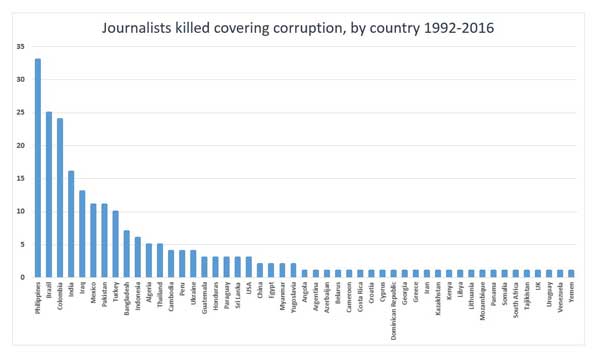
Protecting journalists who cover corruption is good for the bottom line
Corruption is one of the most dangerous beats for journalists, and one of the most important for holding those in power to account. There is growing international recognition that corruption is also one of the biggest impediments to poverty reduction and good governance. This is why journalists on this beat must be protected, including by…
In Nepal, critical editor flees and journal’s funding is blocked
.@cijnepal founder @kundadixit gives video message: Censorship allows despots to win elections, they coopt journalists. #IJAsia16 pic.twitter.com/Uo558PQX5i— GIJN (@gijn) September 24, 2016 Kunda Dixit cut his once mop-like white hair, grew a beard, and quietly went into hiding, eventually fleeing Nepal for the safety of the U.S. to avoid arrest. And in doing so, the…
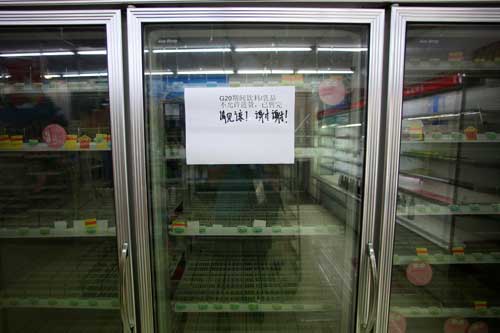
Criticism and jokes off limits ahead of G20 summit in Hangzhou, China
The city of Yuyao, in China’s Zhejiang province, is 70 miles away from Hangzhou, where leaders of the world’s 20 leading economies will gather September 4 and 5 for the annual G20 summit. Nonetheless, on August 26, democracy activist You Jingyou and his wife were subject to extra security checks at the train station in…
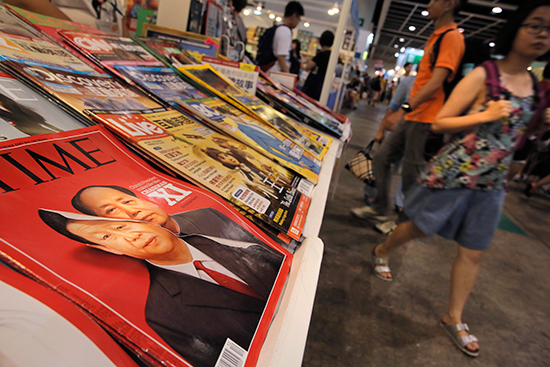
As Beijing tightens grip on Hong Kong media, mainland journalists suffer
On August 1, prominent Chinese human rights lawyer Wang Yu, who had been detained incommunicado for over a year, reemerged–with an unusual twist on an old script. Wang gave a TV interview in which she renounced her legal work and accused foreign forces of using her to “attack” and “smear” the Chinese government; the report…
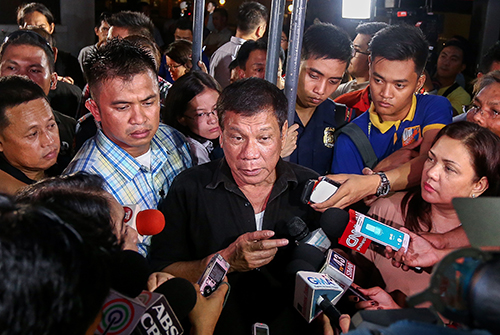
Philippine leader blows hot and cold on press freedom
Newly installed Philippine President Rodrigo Duterte has sent mixed messages on his commitment to upholding press freedom and combating impunity in media murders, a mix of hope and fear that has broadly defined the first months of his leadership. Uncertainty about Duterte’s stance on the media’s watchdog role comes against the backdrop of a “war…
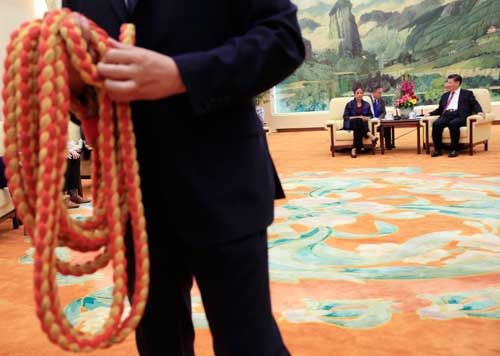
China shuts down internet reporting as Xi’s sensitivity begins to resemble lèse-majesté
On July 1, popular internet portal Tencent, in its original news reporting section, published an article on a speech that President Xi Jinping gave the same day at a conference celebrating the 95th anniversary of the founding of the Chinese Communist Party. One line of the article read, “Xi Jinping outburst an important speech.” To…
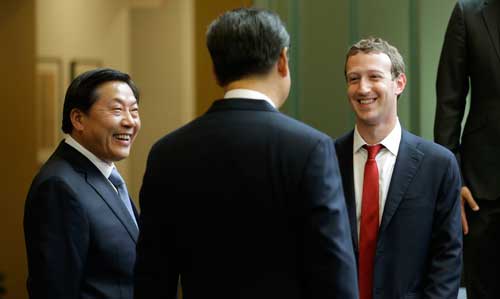
China’s information and internet controls will only tighten under Xu Lin
When the new director of the Cyberspace Administration of China, Xu Lin, issued on July 3 a warning that websites not report unverified content drawn from social media without facing possible punishment, it was clear that Beijing would move quickly beyond the Lu Wei era of information control. The announcement demanded that news websites provide…
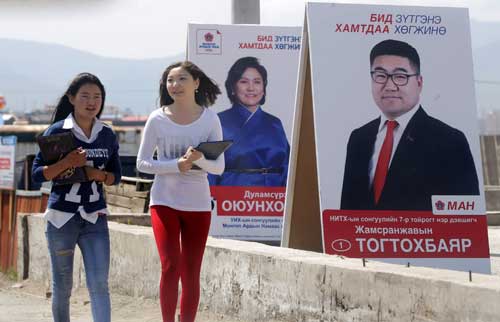
Mongolian election unlikely to advance press freedom
During a visit to Mongolia this month, U.S. Secretary of State John Kerry hailed the country as “an oasis of democracy.” Mongolia, sandwiched between powerful autocratic neighbors Russia and China, underwent democratic transition in 1990 when it broke away from Soviet rule, and has since held several elections characterized by the Asia Foundation as “reasonably…
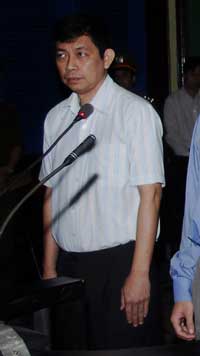
Vietnamese jailed blogger moved to distant province, wages hunger strike
On May 7, my uncle, imprisoned Vietnamese blogger Tran Huynh Duy Thuc, was unexpectedly moved from the Xuyen Moc prison camp situated near our family in Ho Chi Minh City to another detention facility about 1,500 kilometers away known as Camp No. 6 in central Nghe An province. His family was not informed in advance…